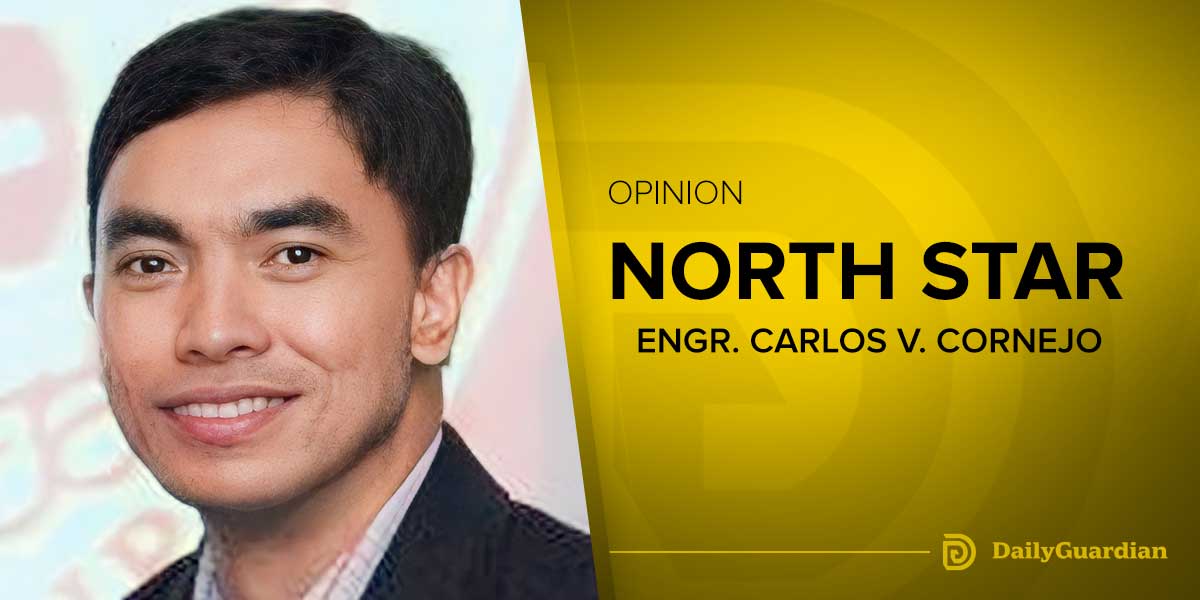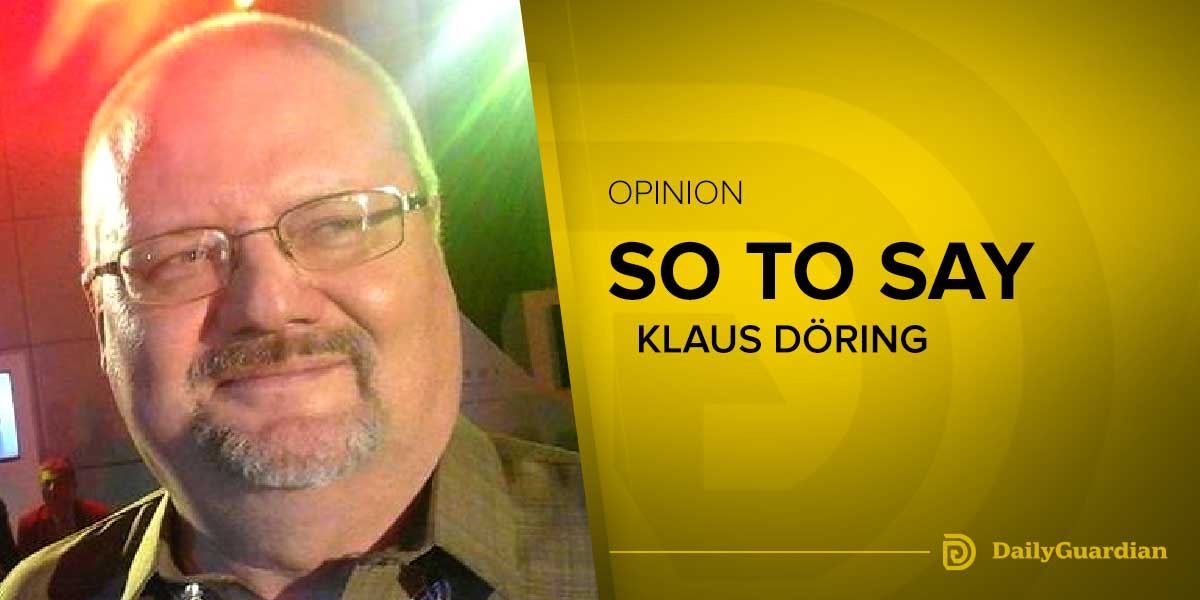By Alex P. Vidal
“Someone who thinks the world is always cheating him is right. He is missing that wonderful feeling of trust in someone or something.”—Eric Hoffer
IF we don’t know how to trust the Commission on Elections (Comelec), we have no business participating in the normal electoral process, especially if our primary motive is to cast aspersions on this major state institution even before the election.
It’s healthy to doubt and question something that demands logical explanation, but, sometimes, the only way to make something trustworthy is to trust it first.
Like any other government offices, Comelec isn’t perfect.
It has its own share of shortcomings and faults.
If we inject malice in anything the Comelec does, including its mistakes, we will end up suspicious and cynical of everything that it does even if it is orderly and above board.
Even if Comelec will do its job well, it can still suffer from a negative public perception if we treat it as an adversary rather than a reliable agency empowered by law to safeguard our votes and ensure the holding of a peaceful and honest election.
-o0o-
Comelec’s reputation and integrity will depend primarily on its performance and transparency, or how it exercises its power to supervise a nationwide election without being stymied by pressures and controversies.
How damaging are the accusations of irregularity and criticisms leveled against the poll body, however unverified and unproven, also matters.
If Comelec is the most powerful agency during the election period, it is also the most favorite whipping boy by cynical voters and other Doubting Thomases.
Even if some political parties have become disillusioned and pessimistic, it is important that we continue to uphold and respect the majesty of Comelec’s authority, and have faith in its capability as a chief pillar of democracy during the election period.
-o0o-
As the election day approaches in the Philippines, there has been noticeably a sudden mushrooming in the social media of spliced Tiktok videos containing a compilation of hilarious scenes mostly involving presidential candidates, Senator Manny Pacquiao and Vice President Leni Robredo.
The intention of those who uploaded the videos was obviously to ridicule and humiliate Pacquiao and Robredo as part of the black propaganda campaign related to the May 9 election.
Did it come from their rivals?
If yes, then why was Pacquiao, who has not been doing well in the surveys, targeted?
It’s understandable if Robredo would be targeted by the dirty tricks department as she has been one of the two leading presidential candidates who might even pull a major surprise on the day of reckoning.
But why include Pacquiao? What will the authors of those waggish and comical TikTok videos get if they further embarrass and humiliate the former boxing champion?
(The author, who is now based in New York City, used to be the editor of two local dailies in Iloilo.—Ed)





















